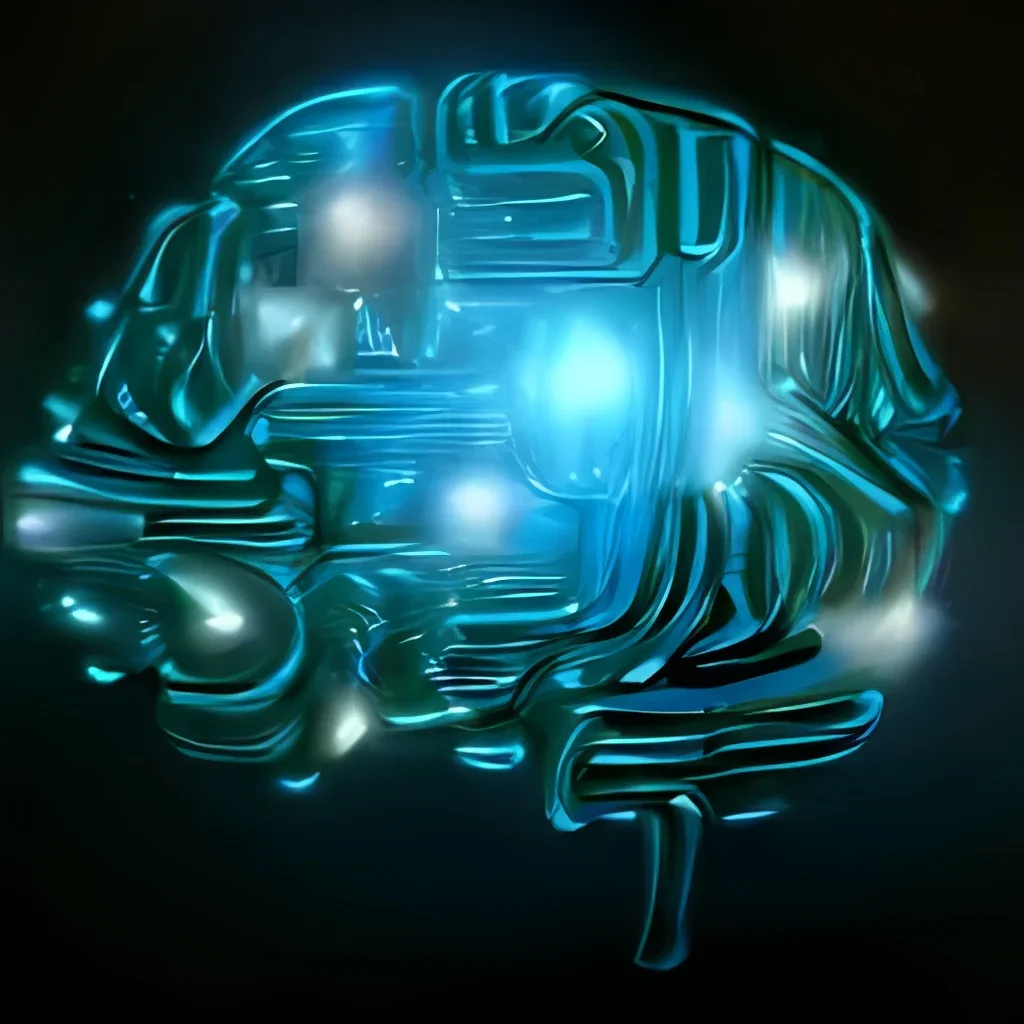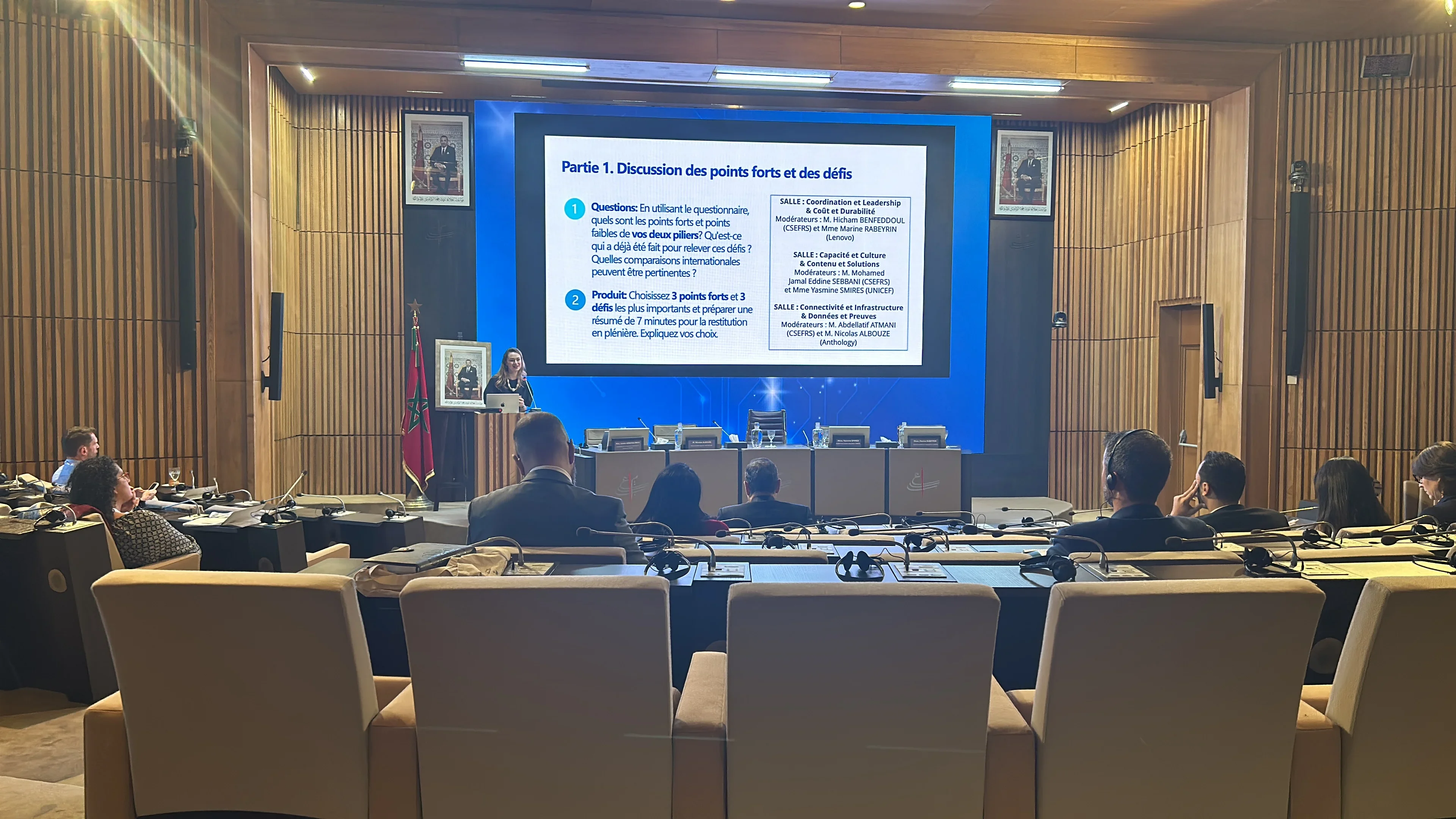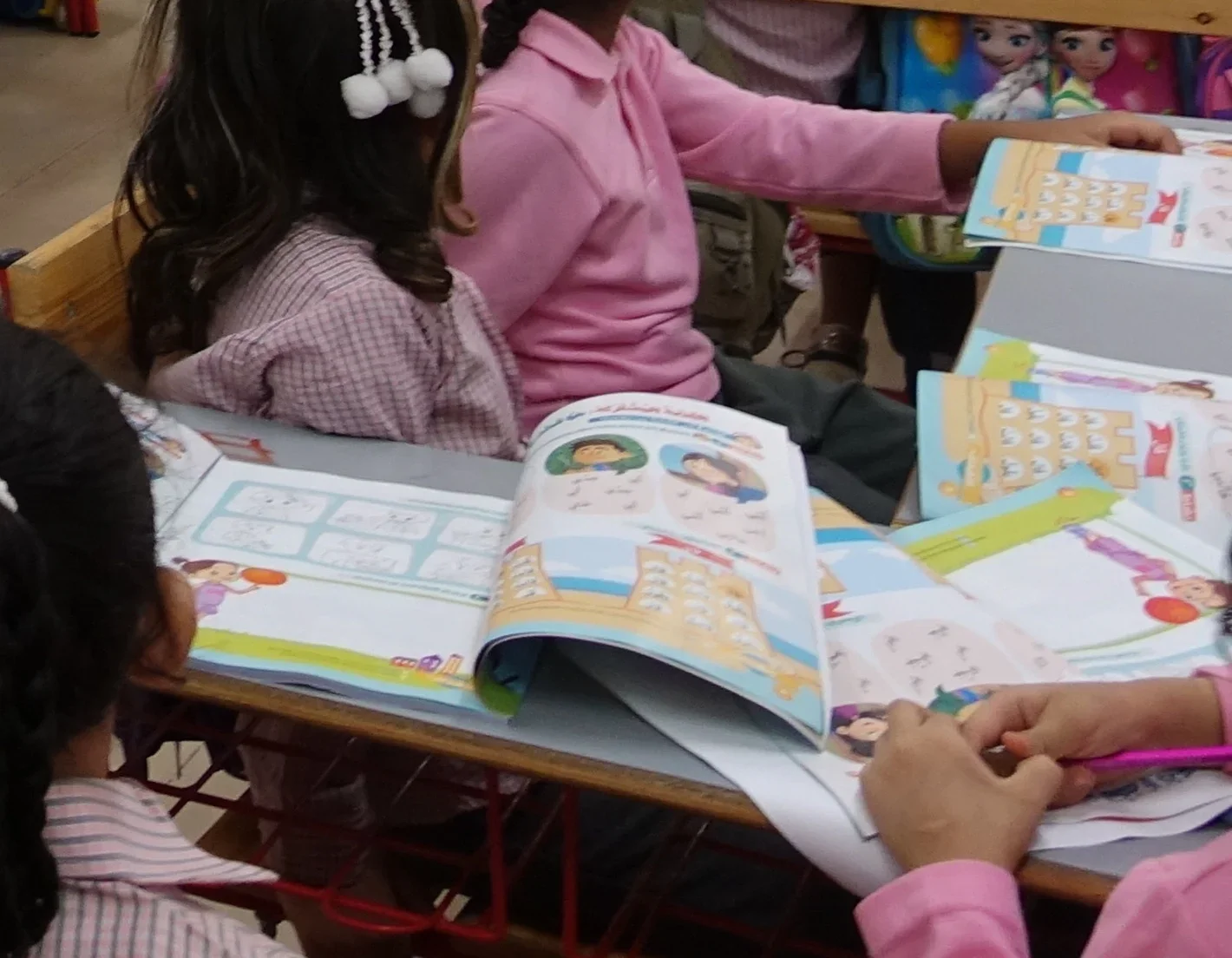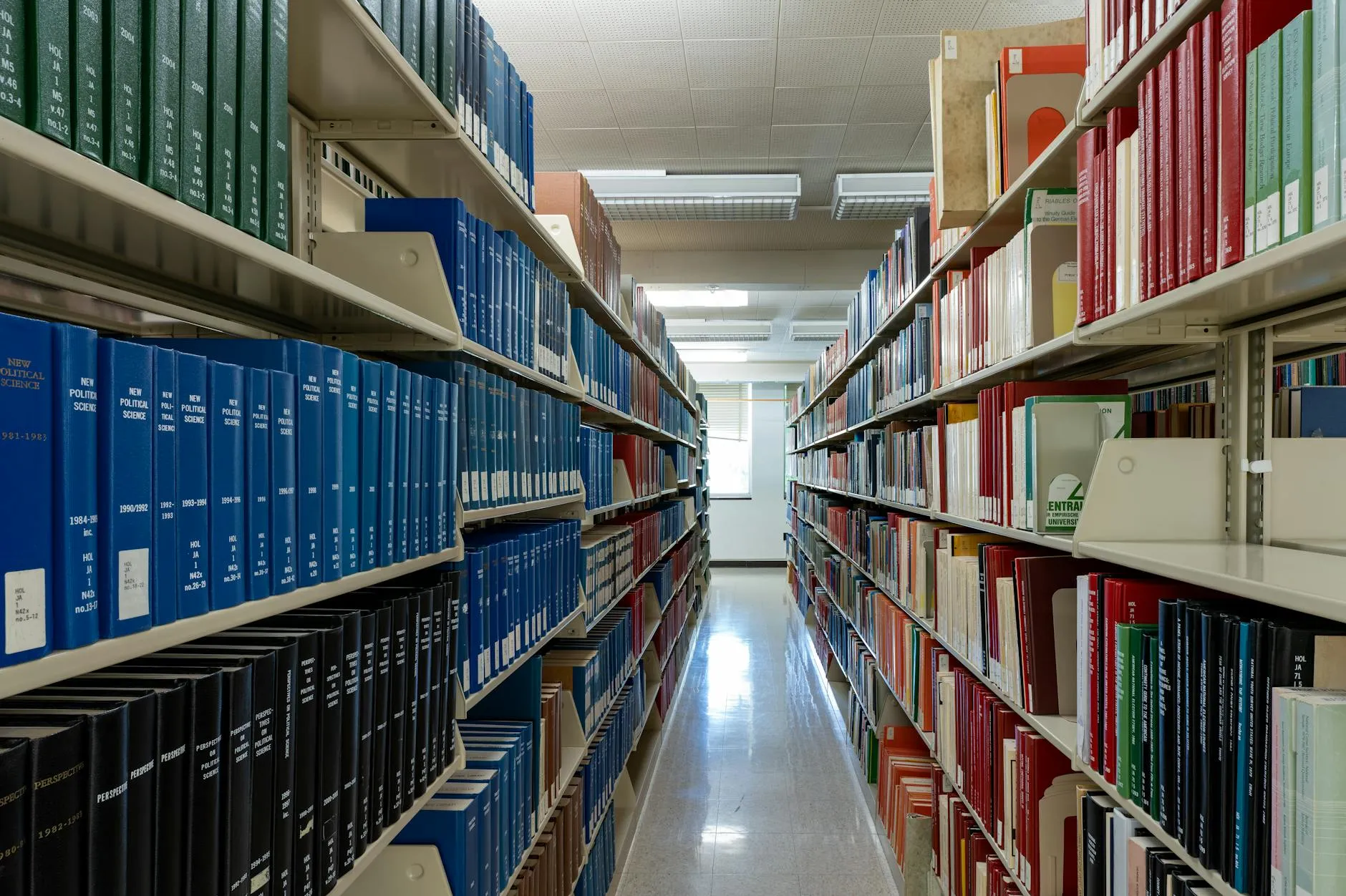Подготовката на учителите се очертава като ключов фактор за успешното внедряване на дигиталните технологии в образователния процес. Това подчерта Хосе-Луис Алварес-Галван от Дирекция "Образование и умения" към Секретариата на Организацията за икономическо сътрудничество и развитие (ОИСР). Той взе участие чрез видеовръзка в конференцията "Как членството на България в ОИСР работи за успеха на младите хора: иновации в образованието и младежко предприемачество", която се проведе днес в крайморския град Бургас. Събитието беше организирано от Дипломатическия институт към министъра на външните работи.
В рамките на конференцията Алварес-Галван представи актуални резултати от последните проучвания на ОИСР, обхващащи дигиталното образование. Сред тях се откроява международното изследване на политиките за дигитално обучение, което обхваща цели 37 образователни системи, включително и българската. От предоставената информация стана ясно, че България се отличава като една от малкото страни, които не само са разработили национална стратегия за дигитална трансформация, обхващаща периода от 2020 до 2030 година, но и са интегрирали в нея конкретни цели и инициативи, свързани с изкуствения интелект.
Според представената информация, страната прилага централизирани насоки и правила за киберсигурност и извършва външни оценки на училищата, които включват използването на дигитални ресурси. Въпреки напредъка, както и в много други страни, съществува необходимост от по-ясно регулиране на прилагането на новите технологии в процеса на преподаване и учене. "Почти всяка държава вече има стратегия за дигитално образование, но най-слабо развитата част остава оценяването и мониторингът на ефективността на тези практики," подчерта експертът.
Втората част от презентацията на Алварес-Галван беше посветена на връзката между дигиталните технологии и постигнатите резултати от образователния процес. В тази връзка той представи изследване, изготвено по поръчка на Ирландия, което анализира пет основни типа технологии, използвани в класната стая: програмиране и роботика, медийна грамотност, разширена реалност и симулации, образователни игри и изкуствен интелект.
"Тези инструменти предлагат възможности за персонализирано обучение и по-голяма приобщеност, но всичко зависи от подготовката на учителите," отбеляза Алварес-Галван. Той също така подчерта някои от основните рискове, свързани с въвеждането на дигиталните технологии, като икономическите неравенства и неравномерния достъп до дигитални ресурси.
Като примери за добри практики, Алварес-Галван посочи Франция, където програмата El Pilote следи за използването на дигитални технологии в училищата, и Нидерландия, където националната агенция Gamesnet координира рамковите споразумения с доставчици, за да гарантира качество и равен достъп до необходимото оборудване.
Вижте още подобни статии
 МОН: ИИ влиза в учебните предмети - ключова стъпка към професиите на бъдещето
МОН: ИИ влиза в учебните предмети - ключова стъпка към професиите на бъдещето Бургас е пионер в борбата с кибертормоза: Форумът „Заедно в борбата с кибертормоза на деца“ очертава нови мерки
Бургас е пионер в борбата с кибертормоза: Форумът „Заедно в борбата с кибертормоза на деца“ очертава нови мерки Бойко Борисов: България се нуждае от ускорена цифрова трансформация и партньорство с технологичния сектор
Бойко Борисов: България се нуждае от ускорена цифрова трансформация и партньорство с технологичния сектор Държавата и бизнесът заедно ще градят българския дигитален портфейл
Държавата и бизнесът заедно ще градят българския дигитален портфейл
"Не е необходимо да изоставяме традиционните методи на преподаване, а да комбинираме дигитални и аналогови инструменти според нуждите на учениците," заключи експертът.




Коментари (104)
DARKANGEL
30.10.2025, 13:17Ха, най-накрая
blagoi
30.10.2025, 13:18следва да видим какво правят учителите с тези инов
i. Костов
30.10.2025, 13:21Слава Бургас
ninja
30.10.2025, 13:22Ах, най-после накаква работа за учителите
avtoritet1989
30.10.2025, 13:38Колко не е лошо
g. Миланов
30.10.2025, 13:40хей, ннещо се движи
superman1993
30.10.2025, 13:40Сега да се научим да си програмираме
superman1997
30.10.2025, 13:43Да се види какво става от това, че те се
ГРАЖДАНИН_Х
30.10.2025, 13:43Хайде, не само за програмирането!!
ГРАЖДАНИН_Х
30.10.2025, 13:45затовасмеплатилизаобразованието?
ivanka
30.10.2025, 13:45Haha, по-късно от това ще имамме програмирани деца!
pich_0071977
30.10.2025, 13:52Колко добре, че се правят нещо за учителите
realist
30.10.2025, 13:55да са, най-накрая нещо за тях
p. георгиев
30.10.2025, 13:55Ама колко по-бавно се правят
достатъчно
30.10.2025, 13:56Дали ще имат достатъчно средства да ги подкрепят?
BabaGanka
30.10.2025, 13:57Мисля, чи това е малка част от проблема
BG_Tigar
30.10.2025, 14:19Аз така мисла, че това е задължително за
zlata_koti
30.10.2025, 14:21Да се види дали ще имат резултати
kombinator
30.10.2025, 14:21Да си, но какво без дигиталната граматика на 🤬
F026
30.10.2025, 14:39Хайде, най-накрая нещо здраво от ОИСР
EB775
30.10.2025, 14:40бакърче, ако те кажеш това, ще ти дам и
D. Стоянов
30.10.2025, 14:42Да, заfinally нещо разумно
PeshoFromSofia1981
30.10.2025, 14:42че дали сега ще се види какво се случва с т
avtoritet
30.10.2025, 14:43ах, вси пак някаква работа правят
се
30.10.2025, 14:43ох, все пак нещо се движи
за
30.10.2025, 14:49Хей, дигитално образование - нещо ново за нашия
Bat_Jordan
30.10.2025, 14:50Aх, сега вече ги трябва да учим, че сме
ЛУД_ПЕТКО
30.10.2025, 14:51дигиталнно или ни, у4ителят винаги е важен
AE6F
30.10.2025, 14:55Haha, нещо вярно 💩
PESHAKA
30.10.2025, 15:39какво е това дигитално образование? докога няма
ADMINA
30.10.2025, 15:40хм
krisko_bg
30.10.2025, 15:41Aзтакамисля,чевсичкоседвиживнаправлениенатехнолог!
Top4o
30.10.2025, 15:57Да се види, най-накрая се прави нещо за образ
ivanka1976
30.10.2025, 16:02абе моля те, най-после някаква реформа
dimitar
30.10.2025, 15:59Аз така мисля, че дигиталното образование е бъ
prosto_chovek
30.10.2025, 16:02Да не, дигитално е futura, а не бъ
PESHAKA
30.10.2025, 16:08аз така мисля, че това е добро начало
готови
30.10.2025, 16:21дигитално учене? ние сме готови, но не знаем
fanata
30.10.2025, 16:23Какво знаем ми, ако не можем дори да запомним имет
as
30.10.2025, 16:25смислият коментар
k. костов
30.10.2025, 16:43Аз така мисля, че подготовката на учителите е ключов фактор
и_нещо_да
30.10.2025, 16:44Да, и нещо друго
ludata
30.10.2025, 16:48Хей, не може да се надеаме на технологиите сами!!
bg_gost
30.10.2025, 16:49Сега вече ще зннаем как да използваме тези нови
f. Тодоров
30.10.2025, 16:51Много ли не знаем вече
Kombinator2000
30.10.2025, 16:52Ниевечезнаемкаквонещосатехнитепланове
1C2FD
30.10.2025, 17:12Помагай, дали ще успеем да се адаптираме
b. иванов
30.10.2025, 17:14Ха!
fan_451980
30.10.2025, 17:15aз така мисля, че преподавателите трябва да са добре
Майстора2015
30.10.2025, 17:17Мисля, че все пак може да се справи България 🇧🇬
dimitar2013
30.10.2025, 17:22Да се види колко ги готовqт за 21 век!!
NoComment
30.10.2025, 17:28Сръчното от ОИСР, най-посли някои
8655
30.10.2025, 17:30Трябва да се видят резултатите
което_е
30.10.2025, 17:39къде е това дигитално образование, което ги
е_смешно
30.10.2025, 17:51смешно е, 4е още се държат да се
LUDATA
30.10.2025, 17:55хайде, не е смешно!
BABAGANKA
30.10.2025, 17:57Вие ги обучават, нно те не знаят да се справят
BARONA
30.10.2025, 17:59Хайде, не е това, че не ги обучаваме,
МАЙСТОРА
30.10.2025, 17:58Хей,най-важнотоедасеподготвятучителите
pr@v_eu
30.10.2025, 18:58Слава боже, колко трудно се преобразува от класната ст
bg_tigar
30.10.2025, 18:59Да, не лек задача
p. стоянов
30.10.2025, 19:02Да, правите, не е лесно!!
4erveno_flag1985
30.10.2025, 19:09хайде, дигиталното образование вече е наред
pich_0072002
30.10.2025, 19:52Ох,най-накраянищоздравовобразованието
Doktora2021
30.10.2025, 19:53Eh, нещо най-после
petrov1998
30.10.2025, 19:54Хайде, не е лошо начин да се подготвят уч
BG_TIGAR
30.10.2025, 19:56аби моля те
b. Иванов
30.10.2025, 20:00Много хубаво
bratvasko
30.10.2025, 20:09Като аз бих искал да ме преподготят за диг 🙄
xD
30.10.2025, 20:52Азтакамисля,чеОИСРправиправилното
martin_24
30.10.2025, 21:17аз така мисля, че това е отлично начин да подп
T. Димитров
30.10.2025, 22:09Абе моля те, най-после се прави нещо за образованиет 😜
asd1231996
30.10.2025, 22:13Завинаги на дигиталното
asd123
30.10.2025, 22:23Смешно е, че ОИСР все още мисли, че г
хайде_бургас
30.10.2025, 22:27Хайде да видим какво правqт иновациите в Бургас,
petrov1998
30.10.2025, 22:51благо, чи се прави ннещо за дигиталното образ
5C9
30.10.2025, 22:52аз така мисля, че това е важно
850
30.10.2025, 22:54Хм, finally something good for a change!
гошо
30.10.2025, 23:18Вярно, най-после се почна да се разбира важ
guest123
30.10.2025, 23:32Всъщност, най-важното е да се брани от
p. костов
30.10.2025, 23:48Следното, че ОИСР подчертава важността на подготов
34F
30.10.2025, 23:57Здравей, дигиталната епоха
Shefa1979
31.10.2025, 00:02Благо, че правят нещо за дигиталното образование
4erveno_flag
31.10.2025, 00:04махнете си това, че ние сме задна в циф 😜
S. Петров
31.10.2025, 00:19Да се види че най-накраq нещо се прави за
BB8
31.10.2025, 00:22Хей, най-накрая
NQKOI
31.10.2025, 00:42Хубаво, че правим нещо за дигиталното образ
56F
31.10.2025, 00:46Абе моля те, най-после някаква стъпка!
NQKOI
31.10.2025, 00:46Да, най-посли
ninja
31.10.2025, 00:51ОИСР
bai_ivan
31.10.2025, 00:53следващата стъпка - да бъдем готови за диг
p. Георгиев
31.10.2025, 00:55много добро
радваме_за_счита
31.10.2025, 00:57Да се радваме, че накрая се счита за важно
3B7C
31.10.2025, 01:01най-какво бихме искали повече от т 🤙
начин
31.10.2025, 03:10аз така мисла, че това е най-добрият начин да
Bat_Jordan
31.10.2025, 03:31Да, най-накраq
PR@V_EU
31.10.2025, 05:12Чистно, нуждата от това е голама
DARKANGEL
31.10.2025, 05:12Дигитално образование, най-после
BARONA
31.10.2025, 07:02хайде, най-после
молq_нашеобраз_абе
31.10.2025, 08:31Абе молq те, най-после нещо се прави за нашеобраз
xD1976
31.10.2025, 08:39Затова ги трабва да нау4аваме на тези неща
barona
31.10.2025, 08:41Здравей, дигитално образование
NIKI_BG
31.10.2025, 10:01ние най-красноречивите учители в европа
BG_TIGAR
31.10.2025, 11:53Най-после